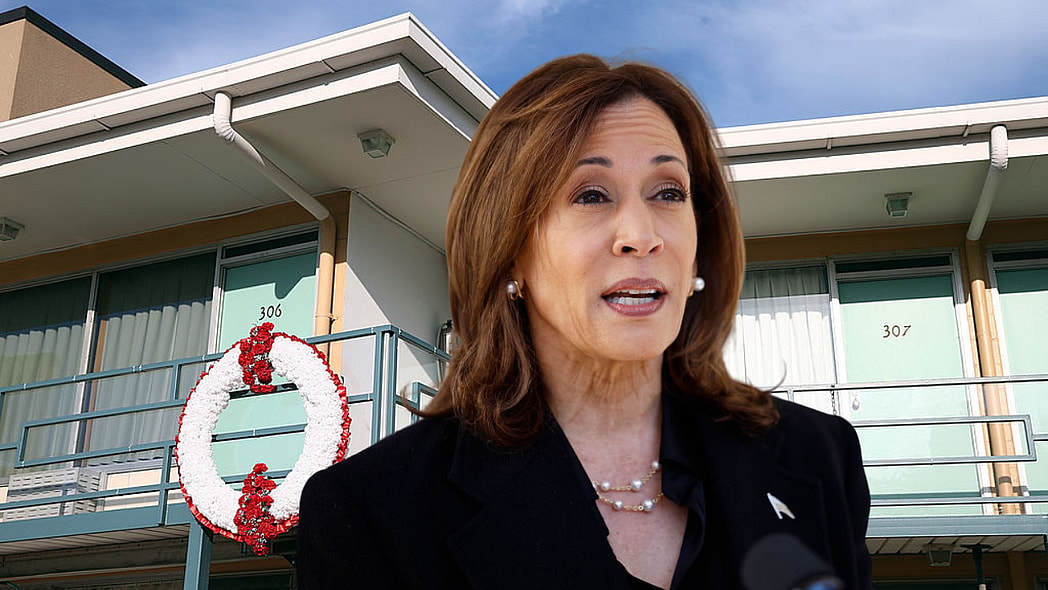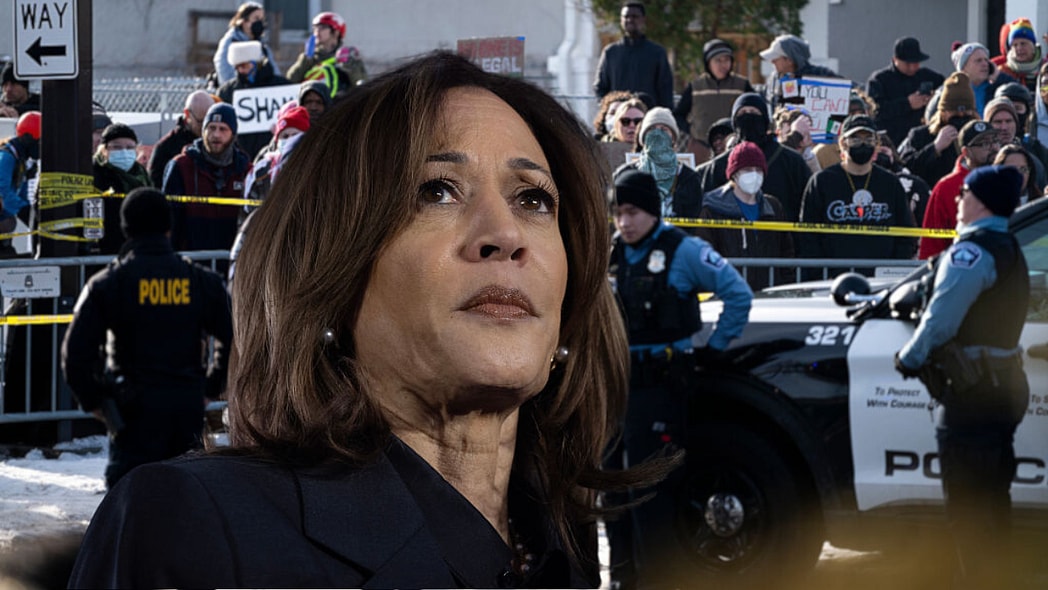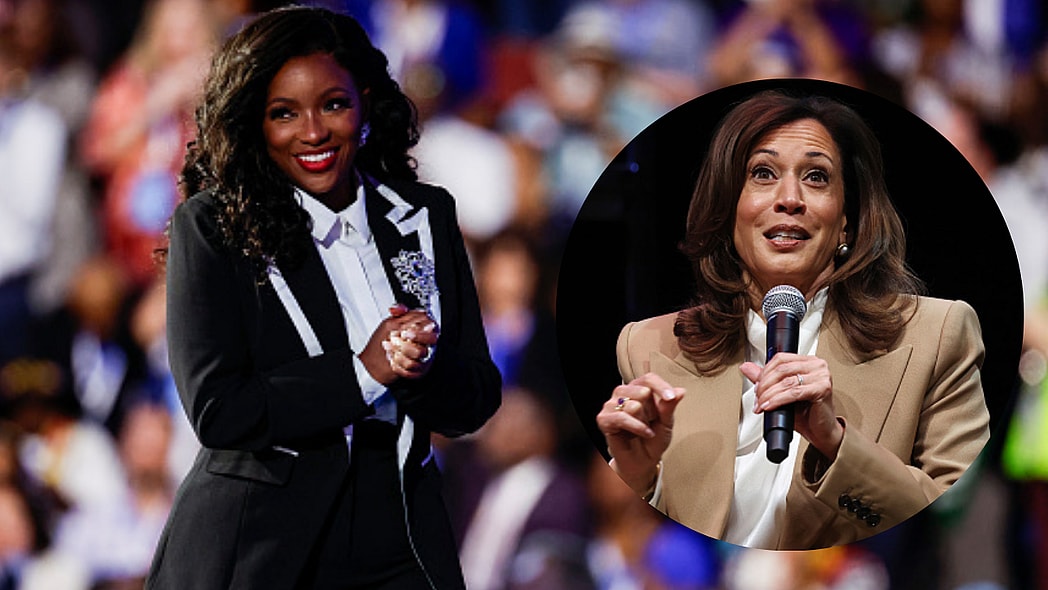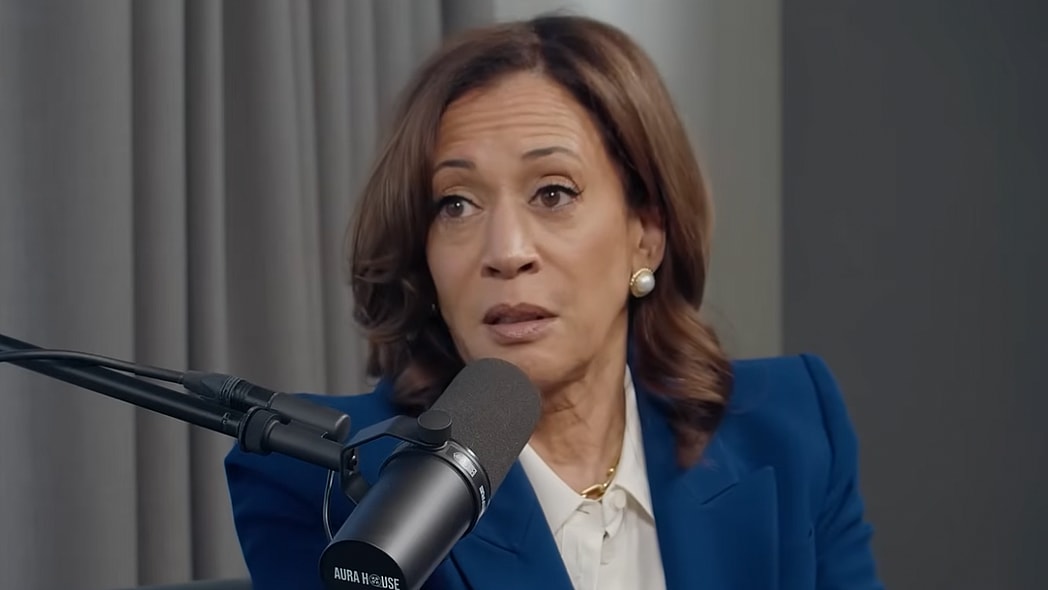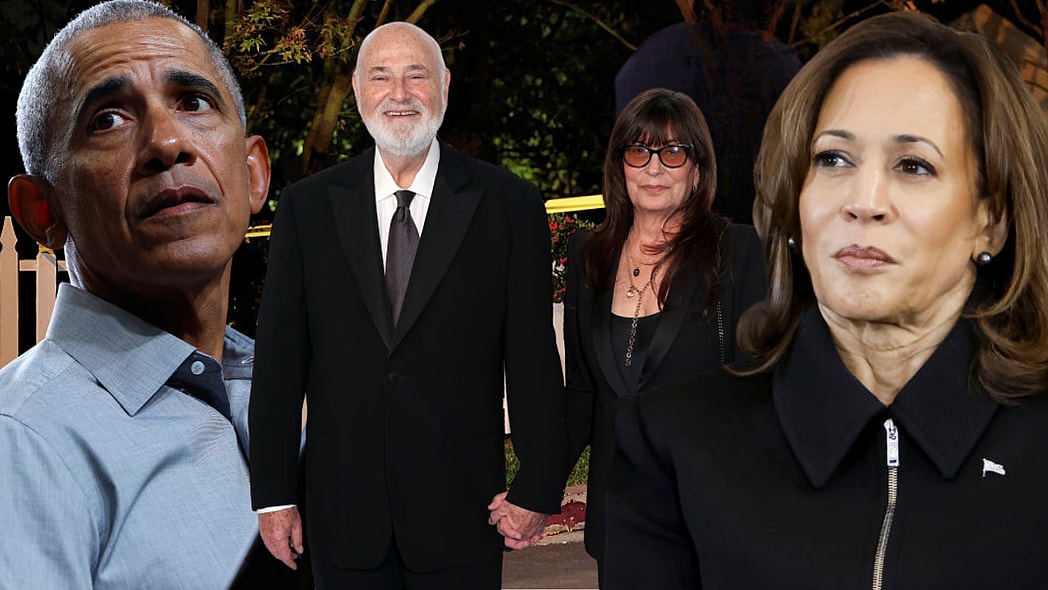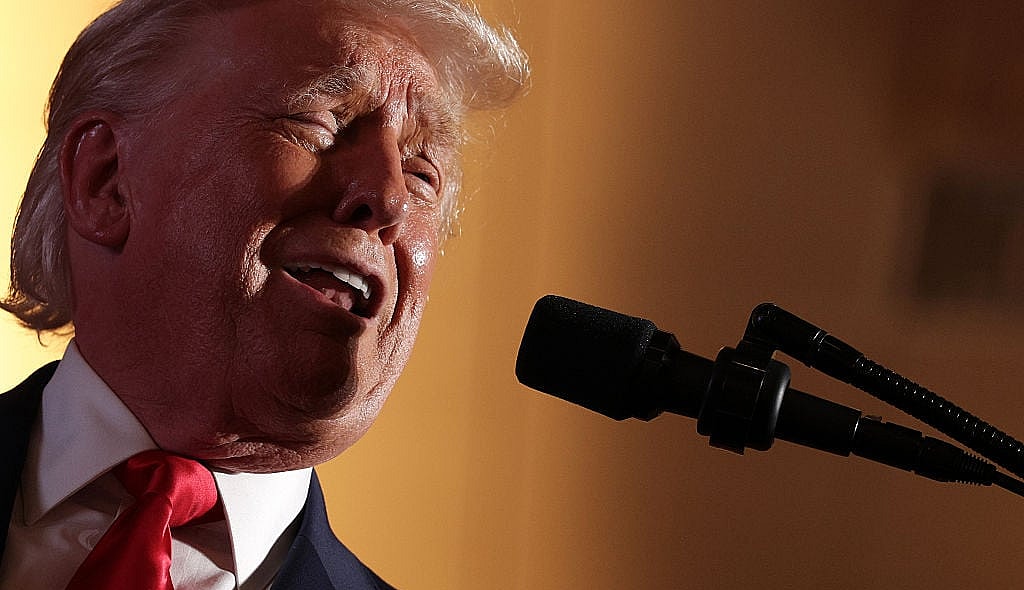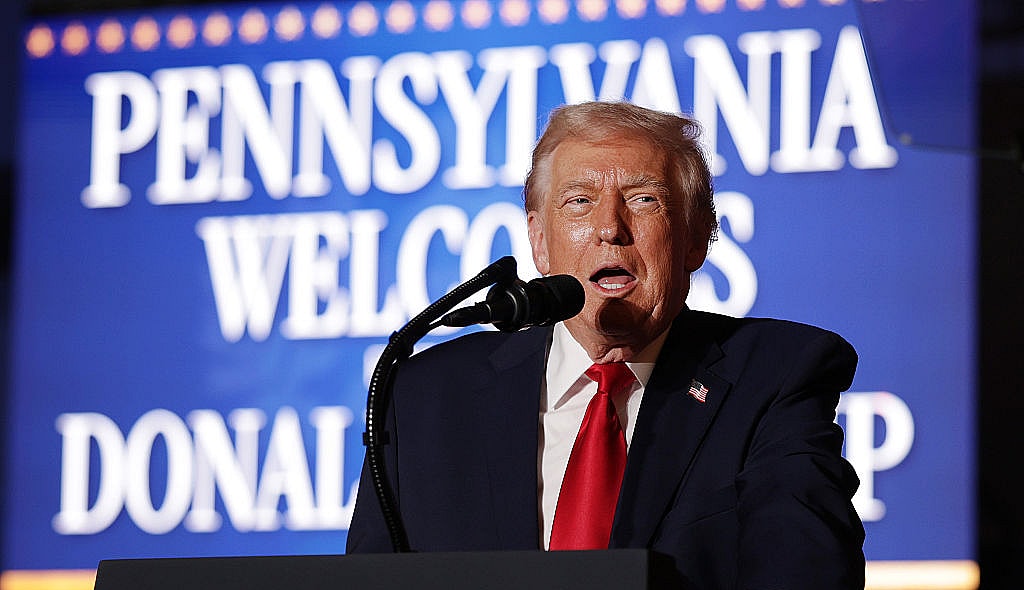Before delivering remarks commemorating Bloody Sunday in Selma, Alabama, and the continued fight to preserve voting rights for Black Americans, Vice President Kamala Harris addressed the Israel-Hamas war in Gaza and notably called for an “immediate ceasefire.”
“People in Gaza are starving. The conditions are inhumane. And our common humanity compels us to act,” said the vice president, escalating the Biden-Harris administration’s criticisms of its ally Israel after the death toll of Palestinians surpassed 30,000. “The Israeli government must do more to significantly increase the flow of aid. No excuses,” she added.
The venue, timing, and audience of Harris’ remarks were significant. For months, polls and several protests have shown that Black voters, particularly young Black voters, share growing concern with the White House’s stance on the Israel-Hamas war, threatening President Joe Biden’s reelection chances in November.
The fact that the vice president used her time and space in front of thousands of mostly Black Americans on the Edmund Pettus Bridge, where civil rights leaders like the late John R. Lewis were bloodied and nearly lost their lives in the fight for voting rights, was meaningful.
Most public polling shows a decline in support for Biden and Harris among Black voters. While the war in Gaza is not the only concern Black voters have with the administration, it is undoubtedly a critical one. Harris’ sharper tone toward Israel – seen by some as the most damning from a senior administration official – could be seen as a deliberate effort to help salvage the administration’s most loyal voting base.
“It wasn’t an accident, for sure,” said Democratic strategist Joel Payne, who noted the Biden-Harris campaign “went out of its way to lift up the vice president’s comments.”
“Drawing a relationship and symmetry between what many Black Americans faced for generations in Selma versus what Palestinians are facing now, I think, is significant,” he told theGrio.
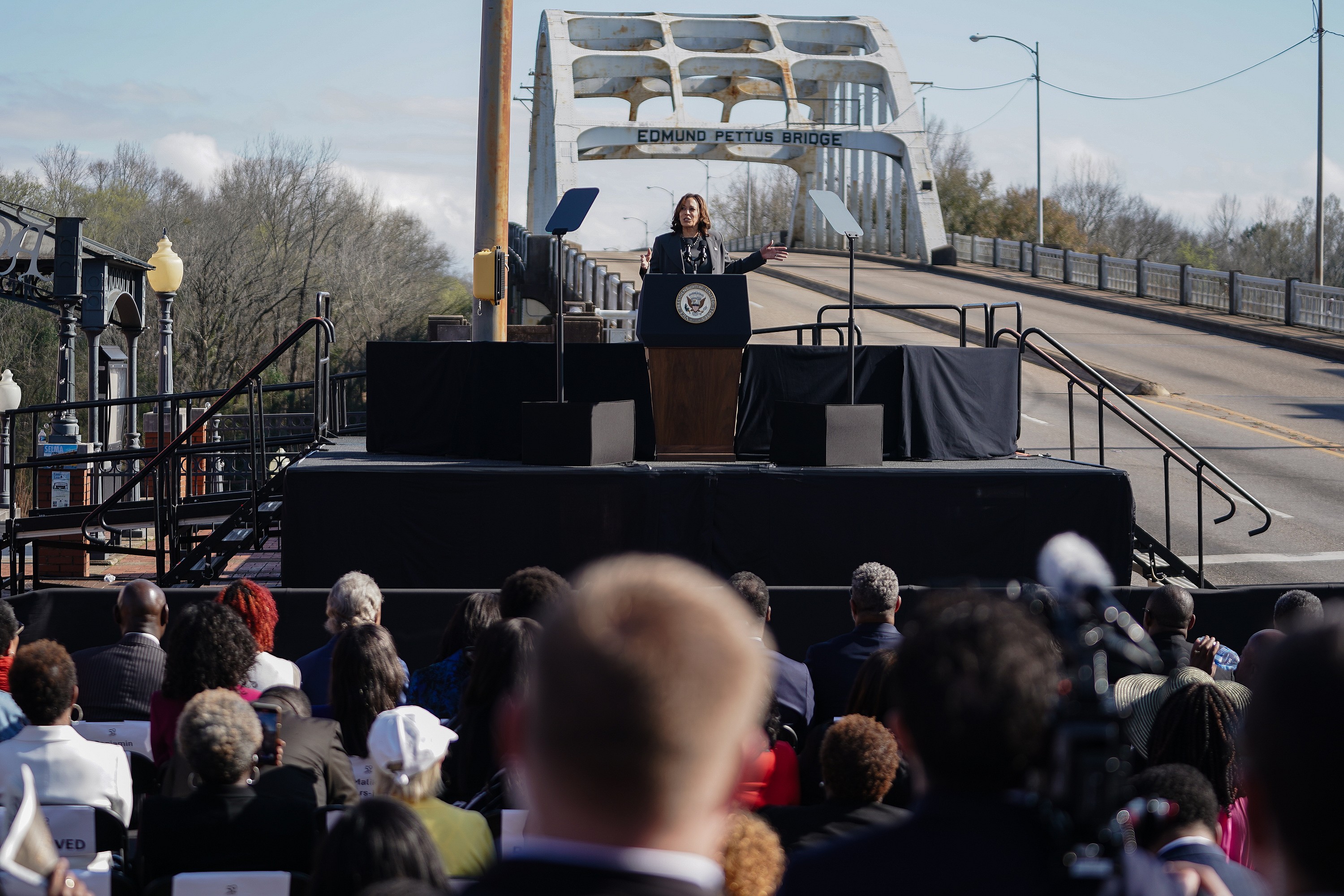
But as long as the Biden-Harris administration continues to generally support Israel’s military operation to eliminate the Hamas terrorist group, it could continue to see a fracture in its needed coalition ahead of the Nov. 5 election. In fact, Black leaders and activists who have been vocal against Israel and its deadly war pointed out that while Harris called for an immediate ceasefire, it came with an important caveat.
“The most noteworthy part of Vice President Harris’ remarks at that historic spot in Selma is the fact that the crowd erupted in applause the moment she called for an immediate ceasefire before she added the administration’s usual caveat of a six-week timeframe,” noted Edward Mitchell, national deputy executive director of the Council on American-Islamic Relations (CAIR). He added, “Pausing a genocide for six weeks is not acceptable; the genocide must permanently end.”
Mitchell told theGrio that most Americans support a ceasefire, and more notably, “Many Black Americans are naturally inclined to sympathize with the Palestinian people because of our solidarity on issues like police brutality and our similar experiences challenging racist laws and oppressive policies.”
He continued, “The Biden administration should listen to the crowd in Selma and the broader American public by changing its policies, not just its rhetoric.”
Nina Turner, an activist and former Ohio state senator, similarly noted, “A ‘ceasefire for six weeks’ is not a ceasefire, it’s a humanitarian pause.” She wrote on X, “It’s good that @VP is advocating for a ceasefire, even though a true ceasefire is permanent and lasting, not just 6 weeks.”

Turner, a progressive Democrat who served as national co-chair of Sen. Bernie Sanders’ 2020 presidential campaign, said the U.S. must also “cut off funding” for Israel’s military operations in Gaza.
Foreign policy stance aside, Payne noted that Harris’ remarks indicated a “pivot” for the administration that appeared to “adopt some of the language of the movement” advocating for Palestinian civilians.
While critics may be dissatisfied with the Biden-Harris administration’s call for a six-week ceasefire and not a permanent one, Payne said, “When you have the responsibility of governing, incrementalism matters.”
The former Hillary Clinton campaign staffer added, “I think that the administration is trying to balance a lot of different priorities, a lot of different considerations.”
Given the fact that Black Americans have been “troubled by what’s happening in that region,” Payne said he believes Harris’ acknowledgment of the movement for Palestinians was an intentional message to Black voters and their concerns about the war in Gaza.
“That’s an underplayed part of the story here,” said Payne. “I think the administration is acknowledging or the president’s campaign apparatus is acknowledging that it matters to those voters and those groups of constituents.”
Recommended Stories

Gerren Keith Gaynor is a White House Correspondent and the Managing Editor of Politics at theGrio. He is based in Washington, D.C.
Never miss a beat: Get our daily stories straight to your inbox with theGrio’s newsletter.


